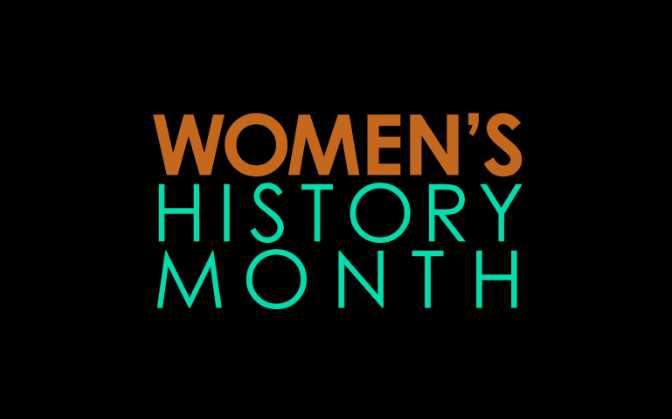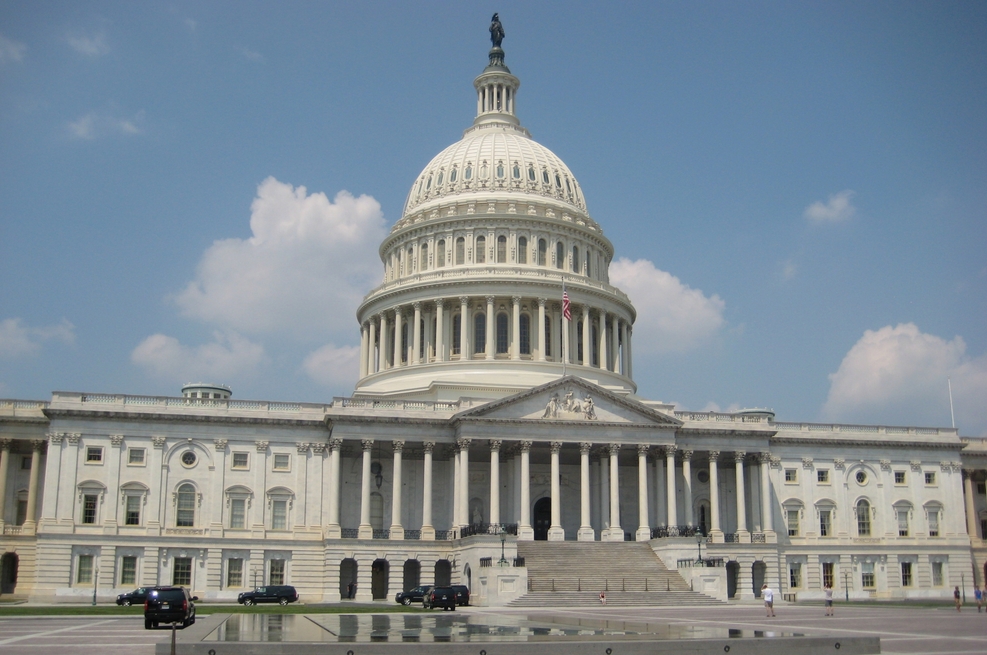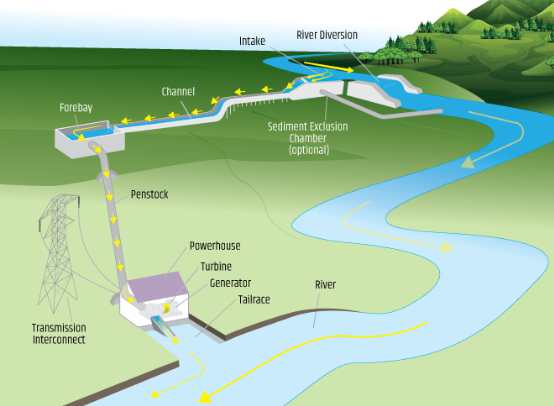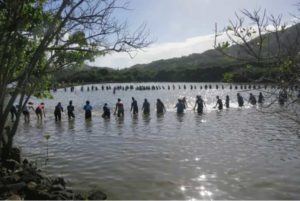
Alaska Sea Grant is working with Washington Sea Grant and Hawaiʻi Sea Grant to foster collaboration among researchers, students, and diverse stakeholders to advance sustainable Indigenous aquaculture practices. This Cross-Pacific Regional Collaborative Hub for Indigenous Aquaculture aims to catalyze regional partnerships to strengthen community access to customary practices and enhance seafood production across the Pacific region.
The initiative is bringing together Sea Grant staff, Northwest tribes, Native Hawaiian and Alaskan communities, university students, and local nonprofits to engage in research, outreach and education centered around Indigenous aquaculture management practices. One of the project’s first activities was a summit held in Oʻahu, Hawaiʻi, in February 2020. Participants learned about traditional Hawaiian aquaculture practices and technologies through field trips and hands-on experiences and generated new connections, collaborations and opportunities. Attendees included students, elders, fisheries managers, biologists, and cultural practitioners from Alaska, Hawaiʻi, California, Washington, Canada, New Zealand and beyond.
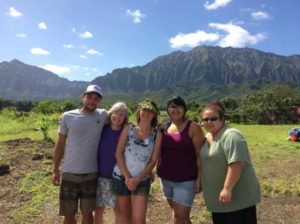
Washington Sea Grant’s story, Sowing (clam) seed for the indigenous aquaculture leaders of tomorrow, highlights project accomplishments, including how students have engaged in place-based learning through the program.
Alaska Sea Grant plans to launch a one-year fellowship sponsored by the Collaborative, which will provide new career skills to a recently graduated masters or doctoral student interested in advancing biocultural restoration and supporting the Collaborative’s activities. For more information and to apply, see the Alaska Sea Grant State Fellowship program. Applications are due February 11, 2022.


